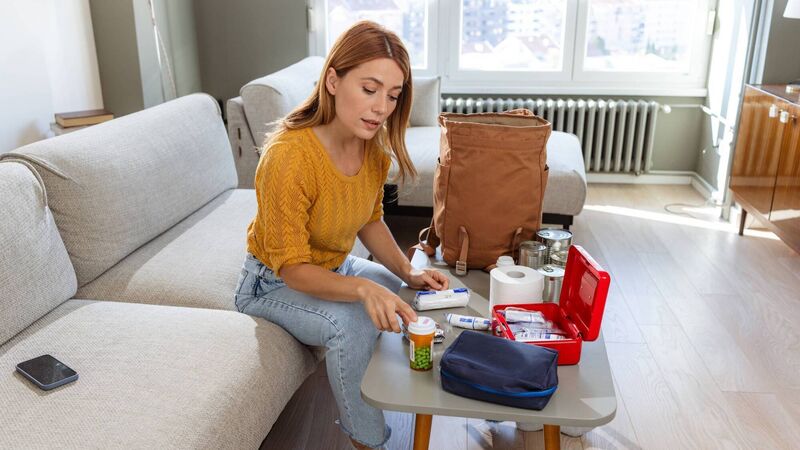Caitríona Redmond: Could you survive 72 hours in an emergency?

The EU recommends that we have fully-charged power banks for mobile devices and torches. And Milton liquid is a relative cheap disinfectant to have to hand.
Try from €1.50 / week
SUBSCRIBEThe EU’s new Preparedness strategy is aimed at encouraging citizens and member States to be prepared for anything.
As part of that new strategy, we are asked to have enough stocks or equipment to let us manage for at least 72 hours in case of emergency.
Already a subscriber? Sign in
You have reached your article limit.
Annual €130 €80
Best value
Monthly €12€6 / month
Introductory offers for new customers. Annual billed once for first year. Renews at €130. Monthly initial discount (first 3 months) billed monthly, then €12 a month. Ts&Cs apply.
CONNECT WITH US TODAY
Be the first to know the latest news and updates
Newsletter
The best food, health, entertainment and lifestyle content from the Irish Examiner, direct to your inbox.
Newsletter
The best food, health, entertainment and lifestyle content from the Irish Examiner, direct to your inbox.
© Examiner Echo Group Limited